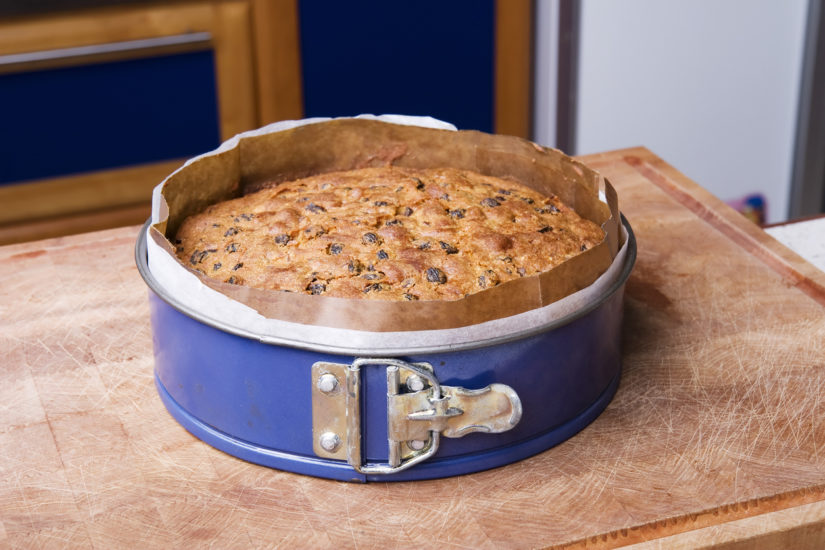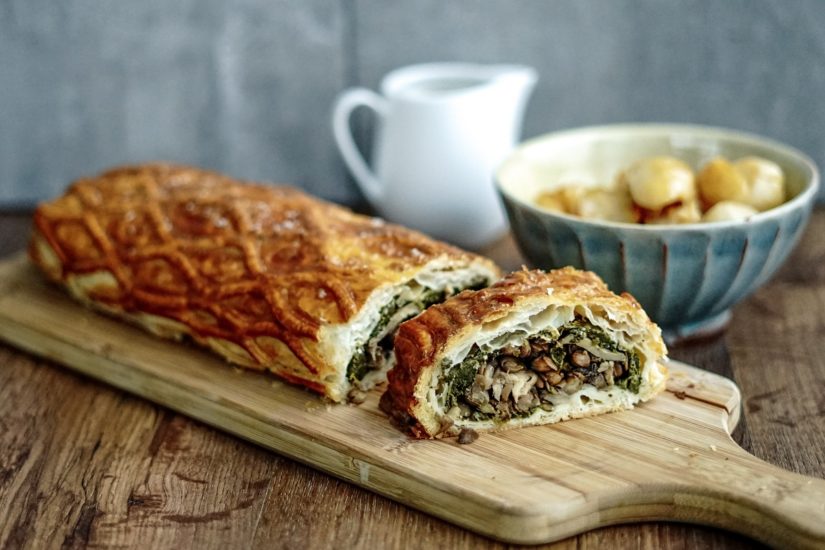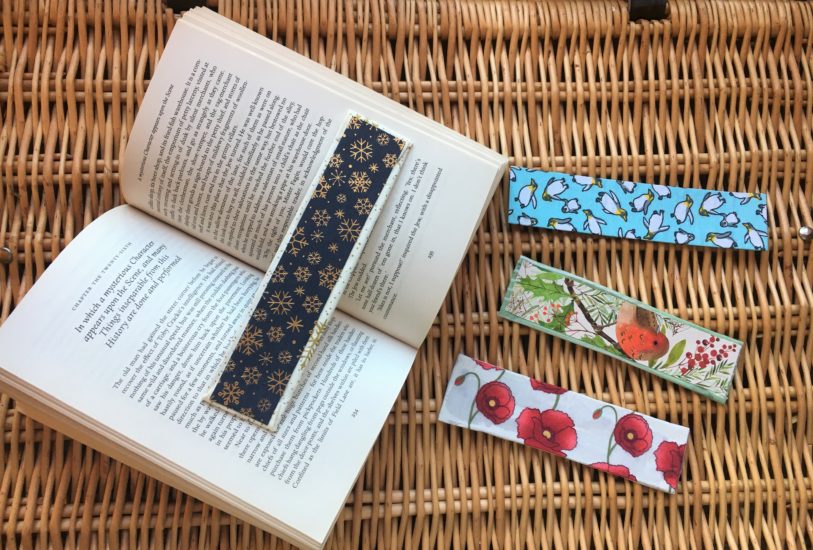
You might have heard how music can be a powerful tool for those with dementia. It helps to trigger positive feelings and connection. There’s lots of research happening into music and dementia. So, Lottie created a dementia music playlists tailored for those experiencing symptoms of dementia.
To create the playlist, each song was scored on attributes that would benefit those with dementia. For example, songs with a higher value for danceability, energy and positivity achieved a higher score, whereas those with a higher loudness value were given a lower score.
Dementia music playlists:
Ages 60-69
|
Rank |
Song |
Artist |
Release Year |
Final Score (/10) |
|
1 |
Don’t Stop ‘Til You Get Enough |
Michael Jackson |
1979 |
7.90 |
|
2 |
Blue Monday |
New Order |
1983 |
7.85 |
|
3 |
Super Freak |
Rick James |
1981 |
7.58 |
|
4 |
Celebration |
Kool & The Gang |
1980 |
7.44 |
|
5 |
Le Freak |
CHIC |
1978 |
7.22 |
|
6 |
Play That Funky Music |
Wild Cherry |
1976 |
7.21 |
|
7 |
In the Summertime |
Mungo Jerry |
1970 |
7.19 |
|
8 |
Jessie’s Girl |
Rick Springfield |
1981 |
7.17 |
|
9 |
Hot Stuff |
Donna Summer |
1979 |
7.11 |
|
10 |
Upside Down |
Diana Ross |
1980 |
7.03 |
Listen to the playlist on Spotify.
Lottie found that the number one song for those aged between 60 – 69 is, ‘Don’t Stop ‘Til You Get Enough’ by Michael Jackson (7.90/10). Originally released in 1979, its upbeat nature (scoring 9.54/10 for danceability) may remind those living with dementia of happy memories, such as their first kiss, teenage years, family parties and loved ones.
Ages 70-79
|
Rank |
Song |
Artist |
Release Year |
Final Score (/10) |
|
1 |
Don’t Stop ‘Til You Get Enough |
Michael Jackson |
1979 |
7.98 |
|
2 |
In the Summertime |
Mungo Jerry |
1970 |
7.58 |
|
3= |
Le Freak |
CHIC |
1978 |
7.47 |
|
3= |
Play That Funky Music |
Wild Cherry |
1976 |
7.47 |
|
5 |
Hot Stuff |
Donna Summer |
1979 |
7.40 |
|
6 |
The Letter |
The Box Tops |
1967 |
7.31 |
|
7 |
All Right Now |
Free |
1970 |
7.28 |
|
8 |
Louie Louie |
The Kingsmen |
1963 |
7.26 |
|
9 |
Sultans Of Swing |
Dire Straits |
1979 |
7.18 |
|
10 |
Papa’s Got A Brand New Bag – Single Version 1965 |
James Brown |
1965 |
7.17 |
Listen to the playlist on Spotify.
In second place is ‘In The Summertime’ by Mungo Jerry. Released in 1970, this track scored an overall score of 7.58/10. Within weeks of its release, this record became a global hit and transformed Ray Dorset (known as Mungo Jerry) into an international star. Such an upbeat tune may have the potential to evoke happy summer memories of the past.
Ages 80-89
|
Rank |
Song |
Artist |
Release Year |
Final Score (/10) |
|
1 |
The Battle Of New Orleans |
Johnny Horton |
1959 |
8.68 |
|
2 |
Summertime Blues |
Eddie Cochran |
1958 |
7.99 |
|
3 |
Johnny B. Goode |
Chuck Berry |
1958 |
7.61 |
|
4= |
Good Golly Miss Molly |
Little Richard |
1958 |
7.55 |
|
4= |
Jailhouse Rock |
Elvis Presley |
1957 |
7.55 |
|
6= |
The Letter |
The Box Tops |
1967 |
7.41 |
|
6= |
I Want You Back |
The Jackson 5 |
1969 |
7.41 |
|
8= |
Great Balls Of Fire |
Jerry Lee Lewis |
1957 |
7.30 |
|
8= |
Chattanoogie Shoe Shine Boy |
Red Foley |
1950 |
7.30 |
|
10 |
Louie Louie |
The Kingsmen |
1963 |
7.29 |
Listen to the playlist on Spotify.
Lottie found that ‘The Battle Of New Orleans’ by Johnny Horton (8.68/10) is the most appropriate song to ignite memories for those living with dementia among those aged 80 – 89. You can try to engage and connect with a loved one living with dementia by holding their hand or tapping to the rhythm whilst listening to this hopeful track.
Will Donnelly, Care expert and Co-Founder, at Lottie, tells us more about how you can use music to help a loved one living with dementia:
“There’s lots of health and wellbeing benefits to music – especially for those living with dementia. Listening and engaging with music can help someone living with dementia to communicate, stay connected to others and spark memories of joy and happiness.
Previous research has found that music can help reduce anxiety, maintain speech and express their emotions and enhance the overall wellbeing of someone living with dementia. Many care homes across the country provide music therapy – organised activities that involve music that both care home residents and carers enjoy.
The benefits of music can be seen both at home and in care settings. From listening to the radio with your loved one, enjoying their favourite songs together or even supporting your loved one to joining a social choir or singing group – there’s lots of ways you can use music to support your loved one living with dementia.”
Find out more about how reading can also help those with dementia.




